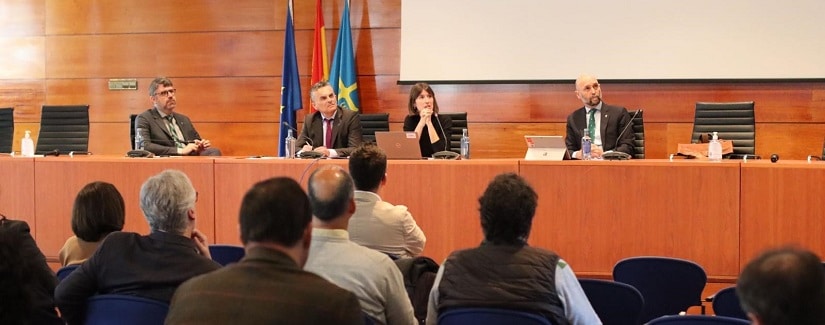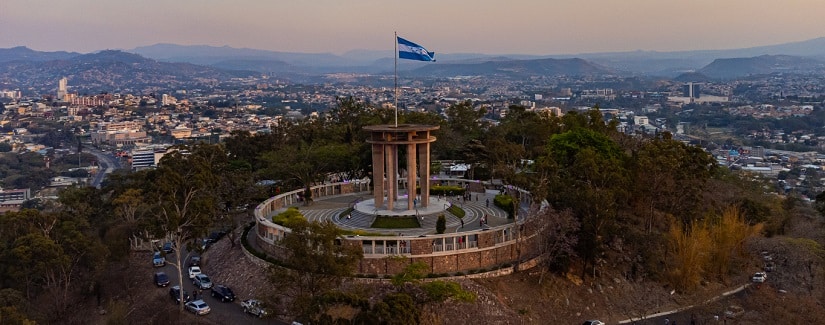Quick to act and react, excellent communication between the parties, team work and having a continuity plan, are some of the aspects mentioned by experts as being key factors in the proper management of a Property claim.
Organizations are increasingly understanding that proper planning of their activity from a risk perspective, and the way of handling a major claim, taking into account all the parties involved and the measures for reducing its impact, are directly related to the company’s survival.
In this article, four experts from the Brazilian market share their perspectives on this topic:

Bernadete Castro, Corporate finance and insurance Manager at Grupo EcoRodovias
Team work
Good claims management helps to reduce the financial impact and also the recovery of damages and the company’s image. For Bernadete Castro, Corporate finance and insurance Manager at Grupo EcoRodovias, part of this outcome is down to the relationship between the insured and the insurer. “A close, open relationship means that both parties learn about the other and this leads to an effective information exchange, as well as in terms of subsequent renewal negotiations.
In seeking to minimize the impact of a major claim, both risk management and a continuity plan are very important but a good insurance policy, with adequate cover for all types of risk, is equally fundamental. This is the combination that provides the market – insurer, financier and investor, among others, with security and peace of mind in moments of tension
Bernadete highlights that all the information should be reviewed and updated when new risks arise. “Likewise, complex claims always throw up lessons for us which affect future planning and those actions nearer at hand, such as the implementation of new security devices.
“A close, open relationship means that both parties learn about the other and this leads to an effective information exchange, as well as in terms of subsequent renewal negotiations.”
Crisis Management
The occurrence of such an event is outside the routine operations of the majority of companies, and is something to which people are not accustomed. When a medium-sized or major accident occurs, such as a fire or an explosion, the speed at which the company can begin operating again can determine whether or not the company’s business will continue.
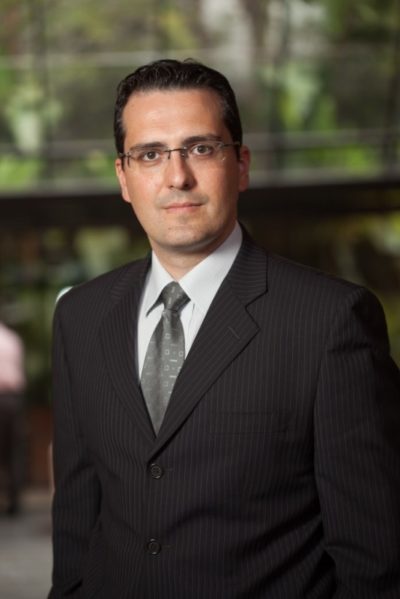
The conclusion is from Daniel Landwehrkamp, Executive Superintendent of Claims at MAPFRE Brasil, who advocates for the need to make an advanced business plan of action, such as repairs for this type of occurrence. “A well-designed business continuity plan, with actions to take to manage the crisis, contingency plans, operational continuity, repairs (disaster recovery) and the resumption of business undoubtedly makes a huge difference in the reduction in damages and in maintaining the company’s market share “, emphasizes Landwehrkamp.
In the event of an accident occurring, the main guidelines, from a regulatory point of view, are the following: inform the broker and the insurer as quickly as possible, in order that the regulatory team can be in the location of the incident once it is released by the competent authorities; minimize the damages, protecting what can be salvaged and taking measures to safeguard and facilitate the recovery of damaged goods; take actions to speed up the recovery of operations and preserve the location of the source of the incident, which will allow for a better understanding of the cause of the incident and, if necessary, third party compensation for damages.
Landwehrkamp also advises setting up a ledger account to record all the costs arising from the event, which will help with the regulatory process. “In a time of crisis, the broker, the insurer and the losses regulator can offer a lot to the insured, given that they deal with these kinds of situations regularly.
From a regulatory perspective
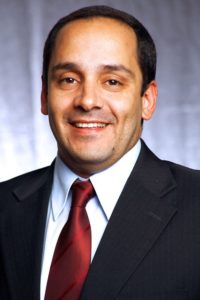
Alexandre Leite, Technical Director at Crawford Brasil
Given that this is something out of the ordinary, the majority of companies are not prepared and / or do not have a contingency plan in the event of a major claim of . An event such as this requires in-depth work from the management team. According to Alexandre Leite, technical director at Crawford Brasil, the steps to be taken are the following:
1. Find out as much as possible about the insured’s business operations and evaluate the impact caused by the claim;
2. Assist the insured in the immediate preparation of a mitigation / contingency plan for losses, and guaranteeing, whenever possible, the continuity of their operations;
3. Sending out the insurers, even within the first few hours of the event occurring, gathering substantial information on the facts and the estimated damages are indispensable elements for assessing the policy’s liabilities and establishing the technical reserves;
4. If necessary, in the event of highly complex and specific situations, assistance in choosing the specialists that should contribute to analyzing the matter;
” In the regulatory sphere, the Brazilian market is still underdeveloped and there is no clear definition or predefined criteria for carrying out this work. Therefore, professional assistance is based on the regulator’s accumulated experience over the years. The international markets should serve as a model for the profession’s regulation and for the creation of certificates and licenses which enable regulators at different levels of action,
“In the regulatory sphere, the Brazilian market is still underdeveloped and there is no clear definition or predefined criteria for carrying out this work.”
Dinamism, action and reaction
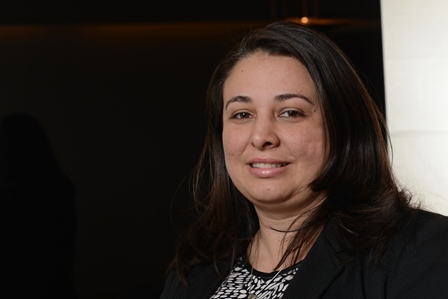
Sheila García, Claims director at Aon
“The main concern of the insured is to get back to business as soon as possible and when a major claim occurs it represents a moment of truth”, says Sheila García, claims director at Aon.
For García, the claims consultant can be a fundamental partner, guiding the immediate measures to be taken without compromising regulatory requirements, acting to reduce, mitigate or avoid greater damage and seeking the rapid recovery of damages.
Faced with a major claim, the role of the reinsurer is to technically and financially support the insurer. Furthermore, their active participation in its management helps the process to move forward, and reduces the time taken in each necessary step for the effectiveness of the payments. “Correctly compensated claims transmit to the insured that the players in this market – brokers, insurers and reinsurers, are credible, highlights Sheila.
The culture of risk in Brazil is still in its infancy, but national companies have carried out benchmarking and are diligently implementing their own management styles.
“Risk management should be a dynamic process which takes into account the frequency and severity of the events in order to build appropriate planning”.
It is important to point out that a lot can be learned in the event of a claim. Therefore, risk management should be a dynamic process which takes into account the frequency and severity of the events, in order to carry out proper planning. “The information obtained helps to better adjust the insurance cover, limits and deductibles, in order to attend to the operational needs of the clients.


